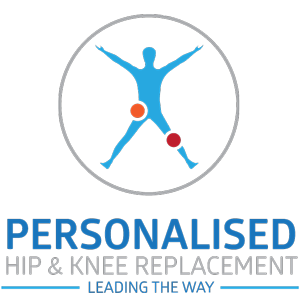What to expect during hip replacement surgery
Whether it’s because of arthritis, or another underlying medical condition, the doctor has advised you to get a hip replacement. This is a brilliant idea of relieving your pain and increasing the quality of life you currently have. While this treatment is good news, it can be confusing if you do not know what to expect. Hip surgery will change your life, and you should be ready for it. Here are some of the steps involved in the process:
Preparation
The doctor will discuss all the details of the procedure with you, for example, whether they’re going to carry out the traditional method or a minimally invasive approach. The two of you will agree on the appropriate day of the surgery. During this phase, ask the doctor any question related to the procedure or seek clarification.
The surgery
When the actual procedure happens, patients are in a deep sleep due to anaesthesia. The doctor creates an incision that gives access to the inner part of the hip joint. All damaged cartilage makes its way out, and the doctor replaces it with the new materials. The doctor restores the muscles on the hip and covers the incision.
Recovery
After hip surgery, you will be kept in the hospital for a period of time for observance and recovery. Your doctor and nurses will assist you in your post-operative care. After a day of rest, your doctor will allow you to begin physical therapy. This exercise is vital in quickening your recovery. After a few days, you will be ready to use a walker or crutches for walking. Several weeks of physical therapy will allow you to make a full recovery.
Such a procedure comes with lifestyle conditions that you ought to observe. Your doctor will advise against some rigorous movements, especially before the first 12 months are over. Activities that involve twisting or pivoting the leg on the operated hip are risky. Also, the affected leg should not bend more than 90 degrees. In addition to the above prohibitions, the physical therapist will equip you with some simple tips that will assist in adapting to your new life. Consult your orthopaedic surgeon if you need any clarification.





